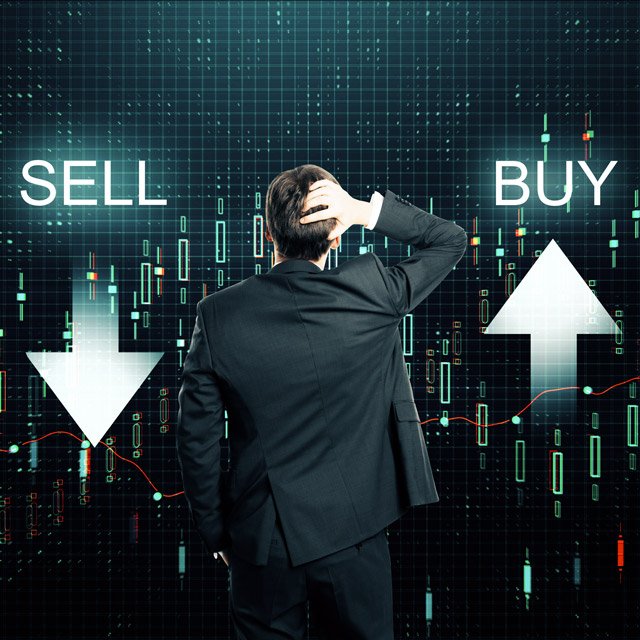17 Best International Stocks and ETFs for 2023: Morningstar
Individual Stocks
Morningstar's strategy for stock investing applies around the globe, Dziubinski writes. First, investors who are comfortable investing in individual stocks should favor companies with durable competitive advantages, or economic moats. These companies should be able to fend off competition and outearn their costs of capital for years to come. Then, they should buy these companies when their stocks are trading below what they are worth — in analysts' parlance, below their fair value estimates. Undervalued stocks with economic moats make excellent long-term investments, Morningstar says.
ETFs
For investors who aren't keen on individual stocks, a multitude of ETFs provide broad-based exposure to international stocks. Dziubinski lists seven funds that earned a Morningstar Analyst Rating of Gold, as of Jan. 27. She said investors should read an ETF's analyst report for information about what regions it invests in, the size companies it favors and the like. "Knowing how an ETF's portfolio diverges from the average allows for better performance expectations — and better investor outcomes." She noted, for instance, that emerging-markets stocks tend to be more volatile than developed-markets ones. As a result, international stock ETFs with higher emerging-markets stakes will exhibit performance very different from their peers' when emerging markets soar or sink. See the gallery for the best international stocks and ETFs for 2023.
© Touchpoint Markets, All Rights Reserved. Request academic re-use from www.copyright.com. All other uses, submit a request to [email protected]. For more inforrmation visit Asset & Logo Licensing.
Featured Resources
View All
Sponsored by Axos Advisor Services
Integrated Banking Solutions: How To Enhance Client Services and Grow Your Business

Sponsored by Optifino
Three Macro Trends Impacting Long-Term Care: Trends, Solutions & Client Conversations

Sponsored by Vanilla
The Missing Piece: Why Advisors Who Skip Estate Planning are Failing Their Clients






